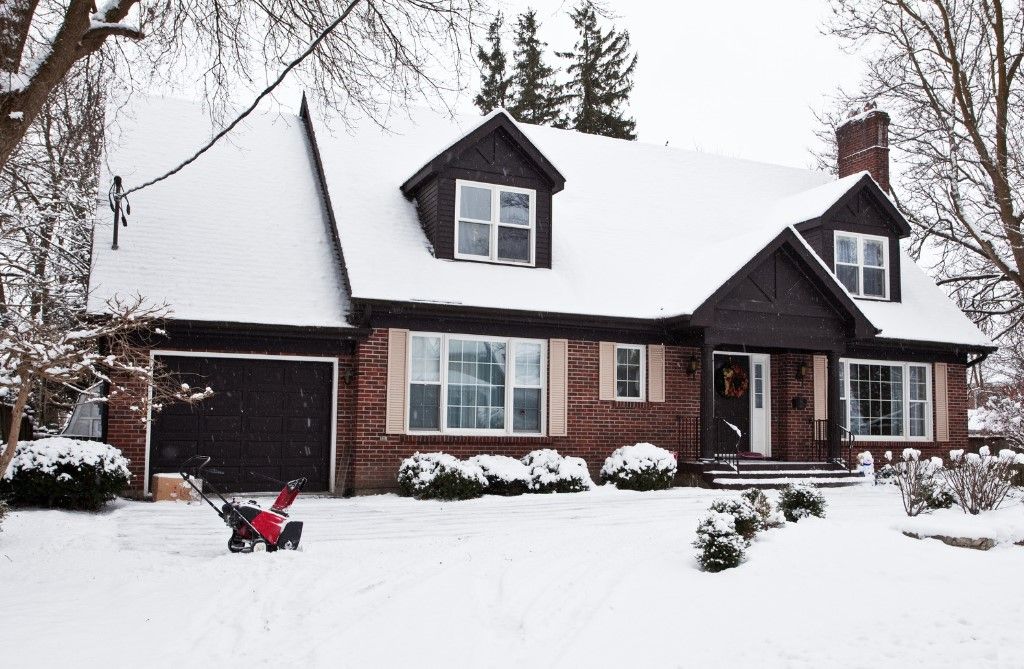What Rising Insurance Costs Mean for Home Values
In recent years, homeowners across the U.S. have been facing a growing concern: rising insurance premiums.

When cold weather and snow arrives, selling and purchasing of homes still continues. Are you in a region of the country where winter brings cold and snow? If so, you'll need to be aware of how the weather can affect your home inspection as there may be a few challenges. You'll want to make sure you are purchasing a home that is free of major defects and safety hazards, as a solid and safe home will help to maintain your future home value.
The Challenges
There are some challenges for home inspectors in the cold weather. This is especially true if there is snow or ice on the day of your home inspections. For example, home inspectors cannot physically get up onto a roof to inspect it when there is snow or ice up there. They may not even be able to visually see the roof from a ladder or the ground because of snow coverage. Depending on how much snow there is, the home inspector may not be able to inspect the home's exterior foundation, patio, porch, deck, sidewalks or walkways.
Home inspectors cannot test the air conditioning system in a home when it is cold either. According to most heating, ventilation and air conditioning (HVAC) experts, it has to be a minimum of approximately 60 degrees Fahrenheit for three days in a row to safely turn on and test a central air conditioner. Inspectors might not be able to turn on exterior faucets if the temperature is freezing. If it is too windy, it is not ideal for a radon inspection. If there are components and systems that cannot be inspected during a winter home inspection, have the seller put a statement in writing that the components and systems were in working order before winter or the last time they were used. If you use an attorney in your real estate transaction, the attorney can have a legal document executed which will state the same.
The Good News
There are quite a few positives to performing home inspections in the winter. A home inspector can inspect pipes to be sure there are no signs of them bursting because of the freezing temperatures. Pipes that burst can cause expensive and extensive repairs and home remediation. If the home you are buying has any exterior brick, the inspector can make sure the cold weather isn't causing it to crack. Your home inspector can spot moisture on walls and ceilings from a leaking roof or ice damming.
Your inspector can easily test your hot water heater and heating system to be sure the home has running hot water and heat. He can test the temperature of the heat coming out of the vents with a sensor. If a home is not heating satisfactorily, your inspector will know there is a problem with the heating system. The doors and windows can be inspected for drafts and cold spots where you might need to have insulation or weatherstripping added.
Overall, having a home inspection performed in the cold winter months can be beneficial. If the home you are buying passes a winter home inspection with flying colors, you will have peace of mind that the home value is sound. If there are a few components the inspectors cannot test, get something in writing from the seller that the components and systems worked fine during the last season. You will also have a chance to see the home before you close during the final walk through. This gives you and your real estate agent another chance to check out the home for any potential problems.